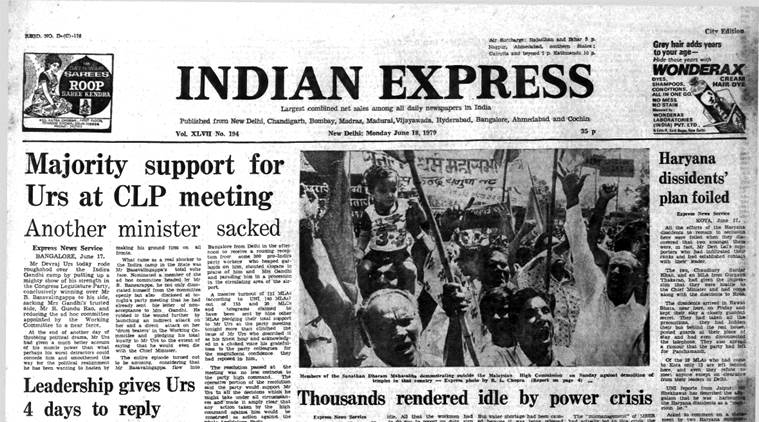
The Supreme Court notice of June 8, asking the Union government to request all states to stay executions till the constitutional validity of the death sentence has been decided, has yet to reach the government. The notice was issued on writ by Mal Singh, challenging the constitutional validity of death sentence under Section 302 of the IPC. The section leaves it entirely to the court’s discretion to award death sentence on a conviction for murder. Officials of the law and home ministries said they had not so far heard anything on the subject from the SC. The states are also not aware of any such notice since they are to be informed about this only by the Centre.
Power Crisis
The closure of industrial units in Bombay and the rest of Maharashtra had a telling effect on industry and the working class on the first day of the five-day closure. Enquiries revealed that most of the industrial and textile units in the city observed complete closure, rendering thousands of workers idle. A mill owners association spokesman said practically all the 61 textile units in the city, including those managed by the National Textile Corporation, remained closed entailing the industry a loss of over Rs 3 crore per day. He said those laid off would be paid 50 per cent of their wages as lay-off compensation.
Arms Cutback
The United States president, Jimmy Carter, outlined his proposals for cutting nuclear arsenals in the 1980s to the Soviet president, Leonid Brezhnev. Their military chiefs opened direct consultations for the first time since World War II . “I think he sees in it a greater probability of peace and stability,” a senior US official said of Brezhnev’s reaction to Carter’s arms control proposals. The official, who declined to be identified, said one result could be cutbacks in one weapons systems beyond these constrained by the SALT I I treaty to be signed tomorrow.